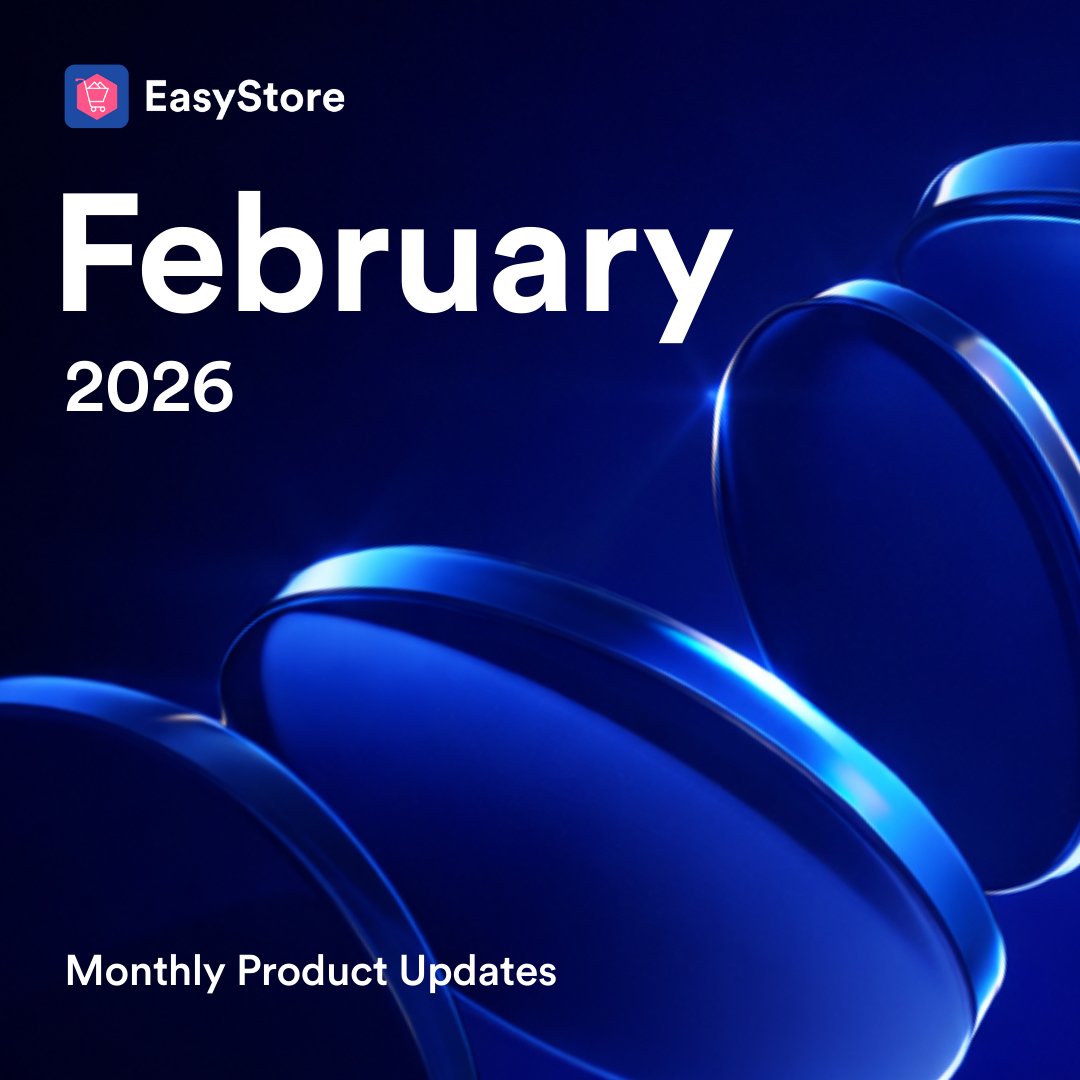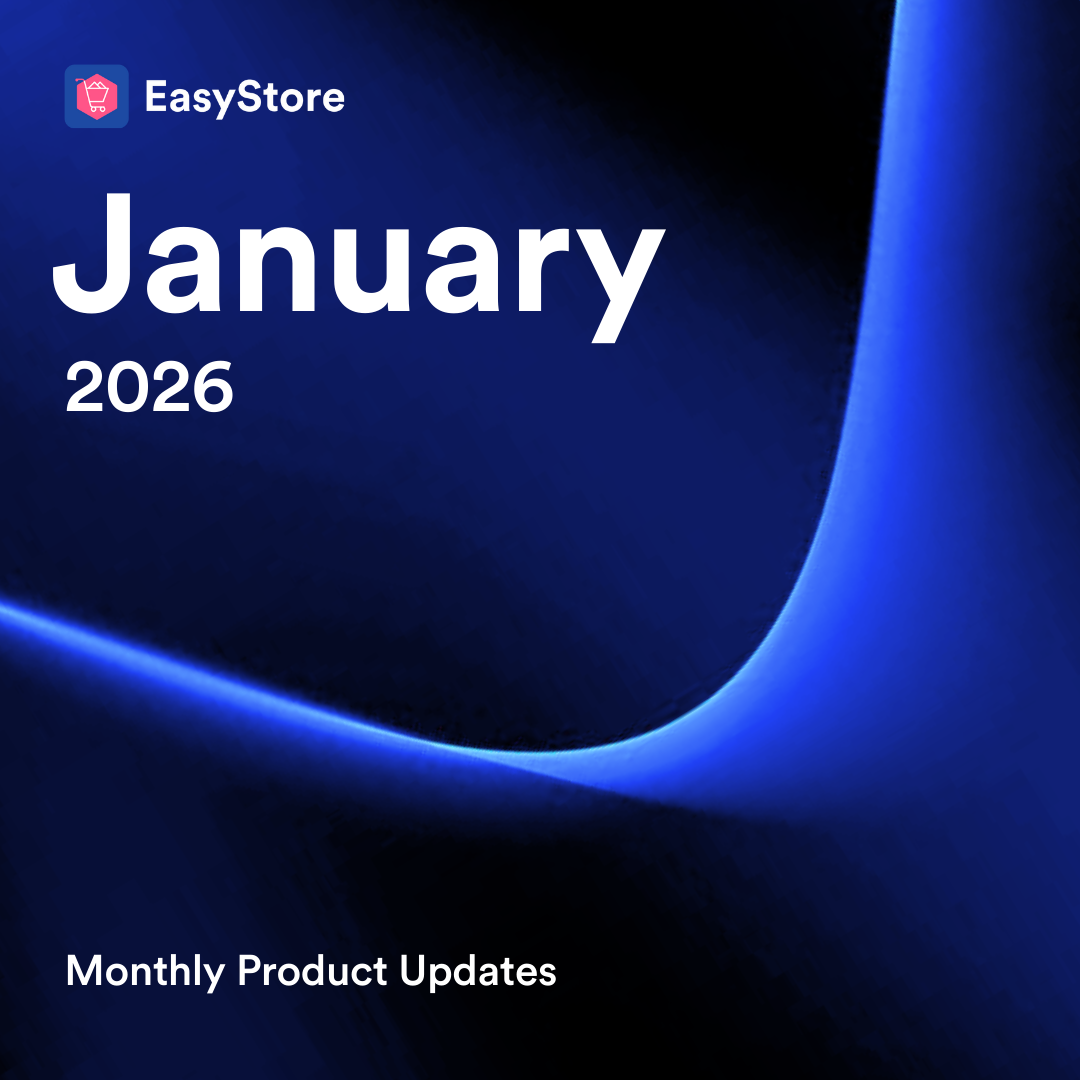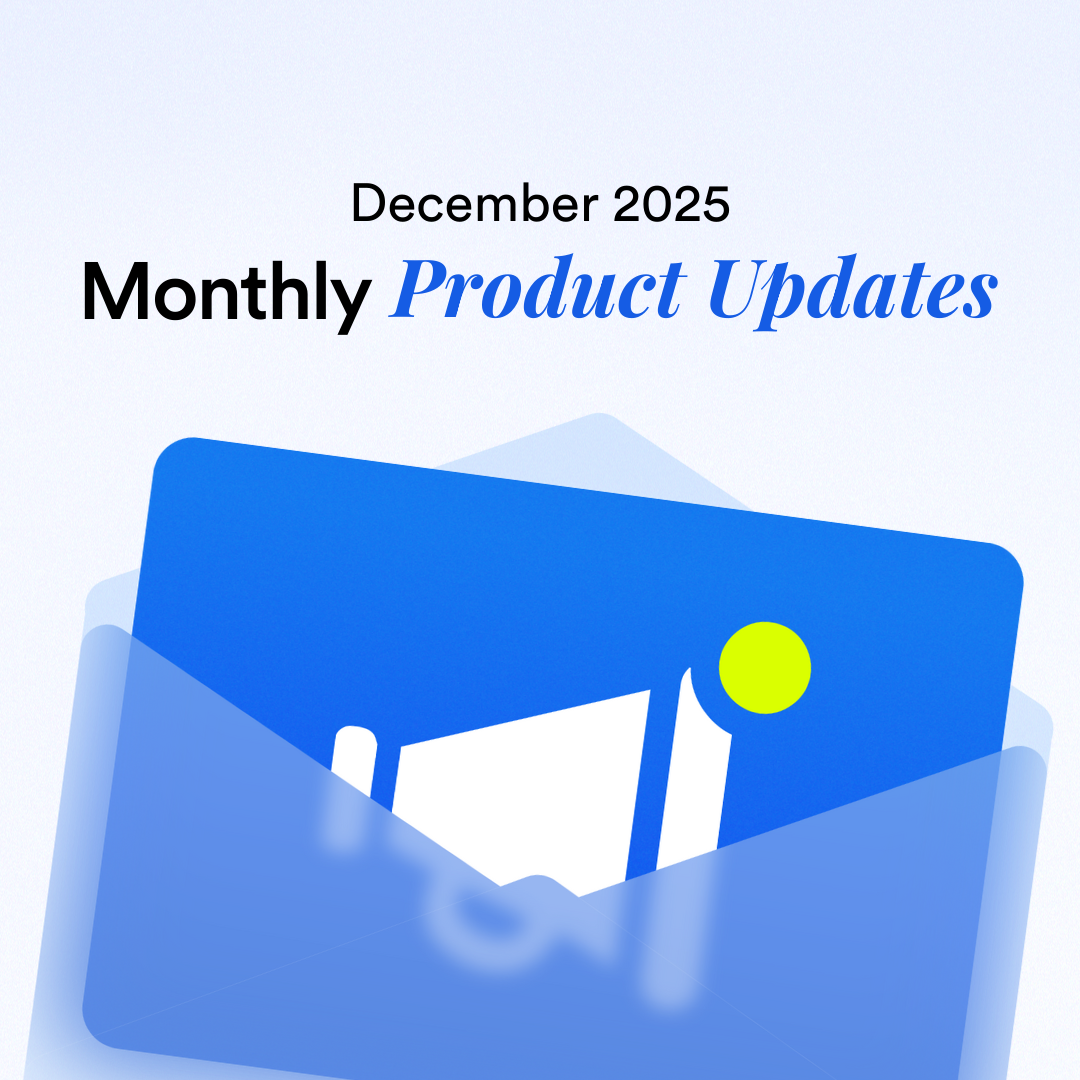How Data-Driven eCommerce Is Transforming Black Friday Marketing
By Paul Matthews · 14th November, 2019

Table of Contents
This blog was updated on 18 April 2025, for more information connect with our team: https://www.easystore.co/contact
How Data-Driven eCommerce Is Transforming Black Friday Marketing
November has long been one of the biggest months for eCommerce-driven businesses.
Black Friday is a key date for brands of all sizes — from small dropshipping stores to global giants like Amazon and Apple.
With countless discounts, promotions, and eye-catching deals flooding the market, there’s no doubt that behind every successful Black Friday strategy lies a data-driven, ROI-focused approach.
Let’s break down how data in eCommerce works and why it’s become a game-changer for Black Friday campaigns.
What Is Big Data?
Before diving into how data impacts eCommerce, it’s important to understand what big data means — especially since it forms the backbone of today’s most powerful marketing strategies.
In simple terms, big data refers to massive, complex data sets that track user actions, preferences, keywords, and behaviors.
These data points are typically processed using tools often built in Python, a popular programming language for machine learning, data science, and automation.
Through this process, businesses can gather insights that help them target audiences more effectively, predict behaviors, and optimize campaigns in real time.
How Does Big Data Apply to eCommerce?
Though terms like big data and machine learning might sound far removed from the average online store, these technologies are now deeply intertwined with modern eCommerce.
By analyzing the data points attached to individual users — such as their purchase history, search terms, or time spent on certain products — eCommerce brands can make smarter, more cost-effective decisions about advertising, pricing, and product placement.
For instance:If 45% of users consistently purchase a particular product, a marketing team might focus its retargeting ads solely on that group, while excluding the other 55% to avoid wasting budget. This kind of precise targeting saves resources and improves ROI.
And this is just one example. There are dozens of practical ways big data is being used in digital marketing strategies today — from dynamic pricing adjustments to personalized product recommendations.
Black Friday: How Can Companies Use Data for Marketing Campaigns?
To understand the value of data-driven marketing during Black Friday, think about how many people search for "Black Friday deals" on Google or Amazon each year.
Surprisingly, you won’t find products labeled specifically for that keyword. Yet, both platforms know to prioritize heavily discounted items when users search for those terms. How? Data.
With access to data on search trends, pricing, product descriptions, and competitor performance, brands can build highly optimized Black Friday strategies.
Post-GDPR, companies are also required to disclose how they collect and use data, making it easier for marketers (with consent) to understand customer behavior.
Even with basic Python skills and data analysis tools, marketers can scrape and analyze this publicly available information to monitor competitor rankings, pricing strategies, and product descriptions.
This kind of data access enables more effective, targeted campaigns based on real market behavior.
Conclusion
While big data goes far beyond marketing applications, its role in eCommerce and digital advertising is undeniable — especially around high-stakes events like Black Friday.
Investing time and resources into data-driven marketing strategies can help reduce ad spending, increase ROI, and create highly personalized, effective campaigns.
For brands looking to stay competitive, mastering this data-centric approach is no longer optional — it’s essential.
Author’s Bio:Paul Matthews is a Manchester-based business and technology writer passionate about helping business owners thrive in the digital age. He currently consults for Manchester’s leading app development team. When not writing, you’ll find him at the local library or catching up on the latest business insights from Forbes.
Make Customers Love Buying From You
EasyStore empowers your brand to prioritize customers and enhance their experience, creating a unified customer experience (UCX) that makes customers love buying from you.
Over 50,000 brands have grown their businesses by embracing unified customer experiences (UCX) strategy through EasyStore across multiple sales channels - online store, retail outlets, marketplaces, and social media, ensuring consistency in product and service offerings for a seamless shopping journey.
Embrace UCX and redefine your business success today
Discover how UCX can elevate your customer engagement with a truly unified journey for your customers, streamline operations, and drive growth across all channels.
Contact Us




